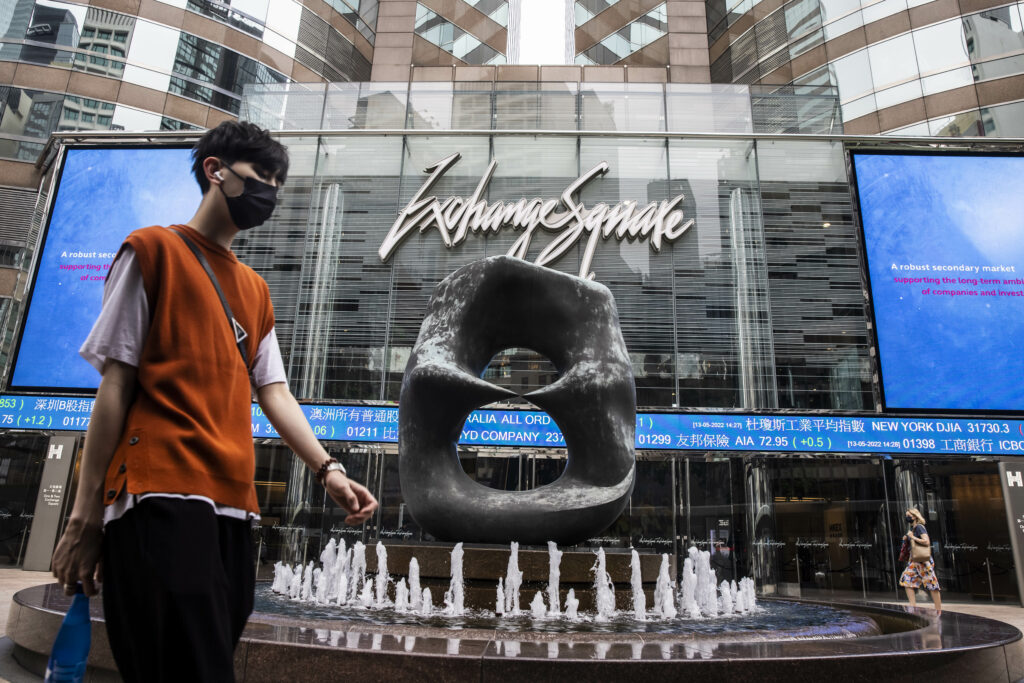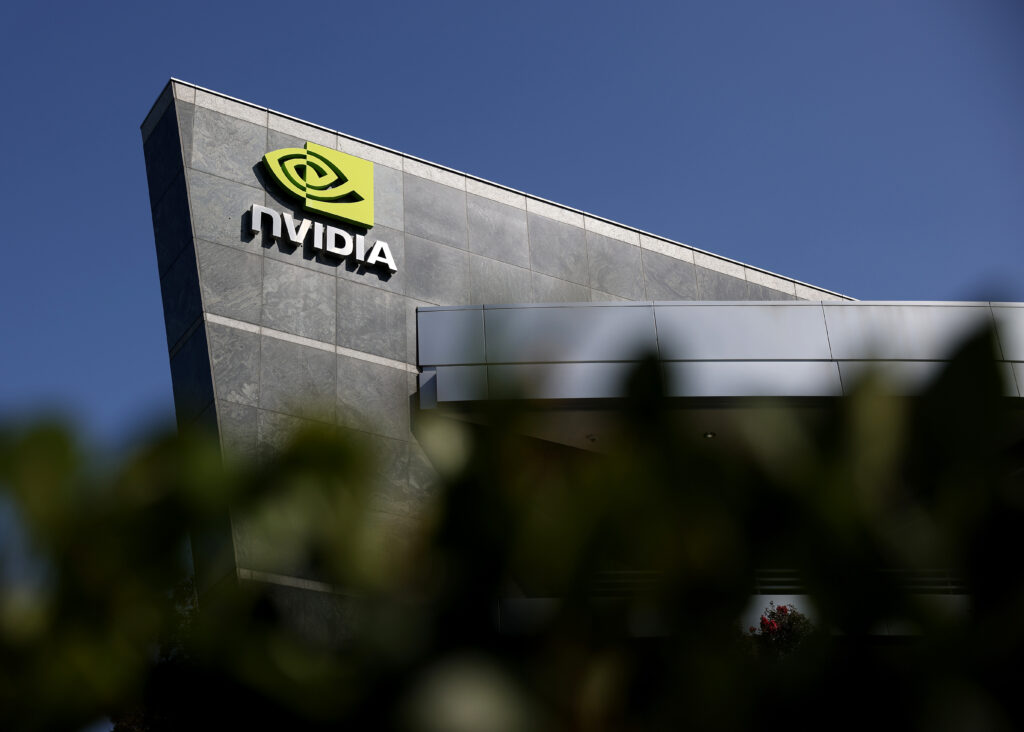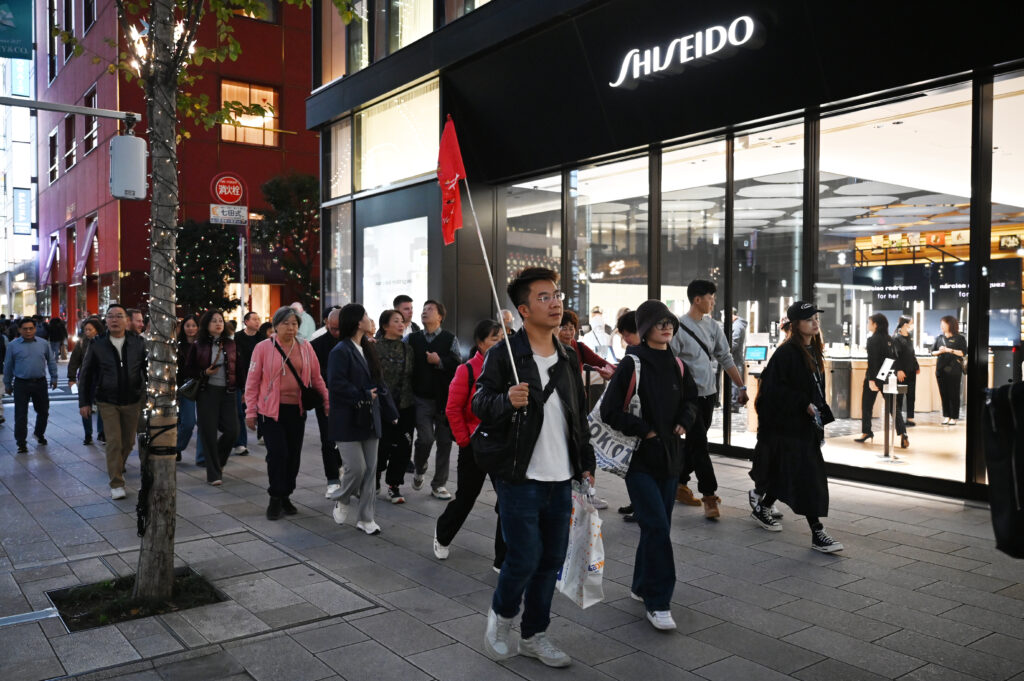Asian markets bounce as Nvidia takes centre stage amid AI bubble fears
Asian investors battled Wednesday to kickstart a recovery in equities following the latest stagger across world markets that has been caused by worries over an AI-fuelled bubble and uncertainty over US interest rates.Stocks have endured a tough November as speculation has grown that the tech-led rally this year may have gone too far, and valuations have become frothy enough to warrant a stiff correction.With the Magnificent Seven, including Amazon, Meta, Alphabet and Apple, accounting for the majority of the rally to record highs for Wall Street’s three main indexes, there are worries that any problems with them could have huge ripple effects on markets.And so the spotlight Wednesday turns on the earnings report from the biggest of the bunch: chip giant Nvidia, which this month became the first $5 trillion company. Investors are nervous that any sign of weakness could be the pin that pops the AI bubble, having spent months fearing that the hundreds of billions invested may have been excessive.”The AI complex, once the undisputed locomotive of 2025’s rally, now sounds like an engine with sand in the gears,” said Stephen Innes at SPI Asset Management.”This isn’t a crash, or a panic, or even a proper correction; it’s the unmistakeable sensation of a market trading at altitude with borrowed oxygen, suddenly aware of how thin the air has become.”He added that four days of losses in Wall Street’s S&P 500, the VIX “fear index” hitting 25 — a level that causes traders concern — and a tone shift were “all signs that investors are finally blinking at the speed and scale of the AI capex boom”.Meanwhile, a Bank of America survey of fund managers found that more than half thought AI stocks were already in a bubble and 45 percent thought that that was the biggest “tail risk” to markets, more so than inflation.That came after the BBC released an interview with the head of Google’s parent company Alphabet — Sundar Pichai — who warned every company would be impacted if the AI bubble were to burst.Still, after a tough run in recent sessions, Asia enjoyed a little stability as markets fluctuated between gains and losses.Tokyo edged up but was anchored by simmering China tensions as well as questions over Japan’s fiscal state ahead of an economic stimulus package that has pushed government bond yields to record highs.Hong Kong, Shanghai, Sydney, Singapore, Taipei and Manila rose, but Seoul, Wellington and Jakarta fell.Also in sight this week is the planned release of key US data, particularly on jobs creation, which will be closely read over for an idea about the Fed’s plans for interest rates.Investors have scaled back their bets on a third successive cut next month — weighing on markets of late — after a string of decision makers, including bank boss Jerome Powell, questioned the need for another as inflation remains stubbornly high.- Key figures at around 0230 GMT -Tokyo – Nikkei 225: UP 0.8 percent at 49,077.49 (break)Hong Kong – Hang Seng Index: UP 0.1 percent at 25,943.80Shanghai – Composite: UP 0.2 percent at 3,947.68Dollar/yen: DOWN at 155.52 yen from 155.53 yen on TuesdayEuro/dollar: DOWN at $1.1577 from $1.1580Pound/dollar: DOWN at $1.3134 from $1.3146Euro/pound: UP at 88.15 from 88.09 penceWest Texas Intermediate: DOWN 0.3 percent at $60.58 per barrelBrent North Sea Crude: DOWN 0.3 percent at $64.67 per barrelNew York – Dow: DOWN 1.1 percent at 46,091.74 (close)London – FTSE 100: DOWN 1.3 percent at 9,552.30 (close)






